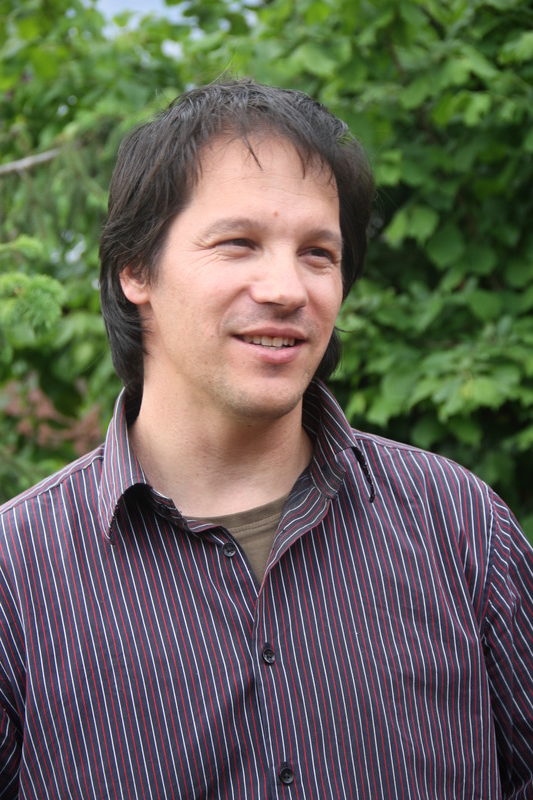CIAS Inn: „An important place on the map of science
We have launched a new series: we draw attention to scientists arriving at the CIAS international research centre, so that we could integrate them even better in their university community during their stay here.
Within a few years’ time, we may already see the specific results of the process started by the Corvinus to strengthen international cooperation in research, says Sándor Kristály.
It was Tibor Illés in the summer of 2021 who drew the researcher’s attention to the Corvinus Institute for Advanced Studies (CIAS) international research centre. ‘I found this an attractive opportunity’, says Sándor Kristály. The reason why this was an attractive opportunity is that it allowed him to have professional discussions with Tibor Illés, Miklós Pintér, Petra Rigó, Marianna Eisenberg-Nagy, i.e. ‘With the people involved in the extensive research of optimisation theory at the Corvinus University’.
Over the past years, Sándor Kristály has been working on the so-called optimal mass transportation. He and his co-authors successfully used this to prove sharp geometric and functional inequalities, even in curved spaces.

‘My research conducted at the Corvinus University focused on this topic, and I managed to prove the sharp logarithmic Sobolev inequality on the so-called CD(o.N) spaces.’ The CD abbreviation comes from the curvature-dimension expression.
In the CIAS, researchers work in different ways. Sándor Kristály, for example, delivered seminars, too, that was when he met PhD students. He thinks that the Corvinus University took efficient steps to make its scientific research activities stronger and significant at international level, too. ‘The call for applications for the CIAS scholarship fits perfectly into this attempt’, he says. ‘I am convinced that in a few years time, we will see the specific yields of that. Not only in publications, but at the level of further cooperation, too.’
He thinks that the University should hire additional scientists with strong research potential from the international scientific life.
Sándor Kristály has known all about Budapest for a long time, as he defended his third PhD degree here between 2006 and 2010. This connection still exists, as he has been a research professor at the Óbuda University since 2012. He thinks that ‘the city is beautiful, and it has an important place on the map of the scientific world, too’.
When he does not teach or work on his research, he is busy with his family, as he has four children. He thinks he does not miss anything during his stays in Budapest, as this environment is satisfactory in every respect – both in scientific and cultural terms.
He mentioned only one thing that is not available in Budapest. ‘If there is anything I miss, it is the hills of Transylvania’, he says. ‘But I go home to see them’.